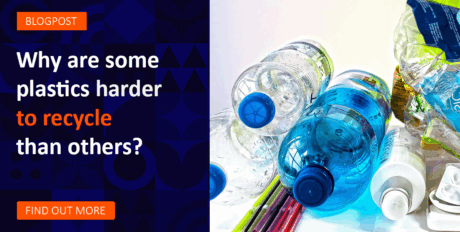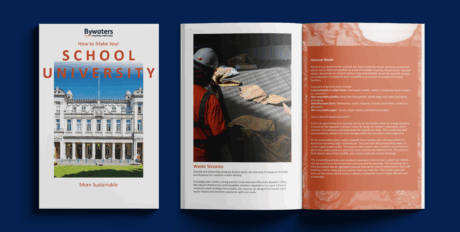Contact us today for your Free Quote
When most people think of recycling, they imagine familiar materials such as paper, glass and plastic bottles. However, the recycling world is far more innovative and creative than many people realise. Across the UK and globally, new technologies and circular-economy thinking are helping us repurpose unusual items, reduce our reliance on landfill and cut carbon emissions. From everyday office consumables to unexpected household items, there are far more recycling opportunities than the traditional mixed-recycling bin suggests.
In this guide, we explore 10 surprising items that can be recycled, combining some of Bywaters’ most interesting waste streams with modern examples from the wider sustainability landscape. Each section explains why the item matters from an environmental perspective, how the recycling process works in practice, and what businesses and households can do to make a real difference.
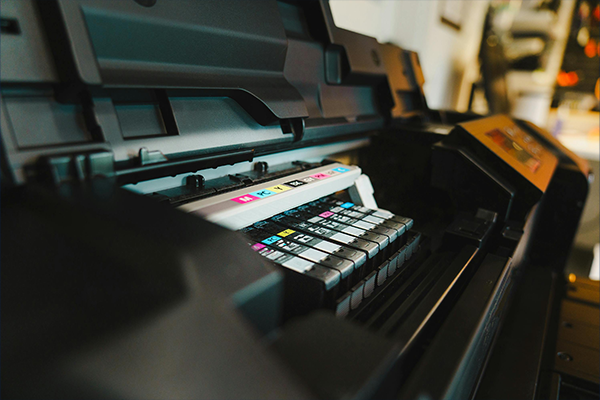
Toner Cartridges
Printer toner cartridges might not seem like the most exciting waste stream, but they contribute significantly to plastic waste worldwide. In the UK, around 65 million printer cartridges are sold each year, yet only an estimated 15% are recycled or reused. A single cartridge can take hundreds of years to decompose in landfill, and offices go through them at a surprisingly high rate. Many organisations still throw empty cartridges into general waste, even though there are well-established systems for closed-loop recycling and remanufacturing.
How are toner cartridges recycled?
In a typical recycling process, toner cartridges are collected, sorted and dismantled. Components such as plastics, metals, foam and residual toner are separated and cleaned. Where possible, cartridges are remanufactured and refilled for reuse, which is the most sustainable option. When parts cannot be reused, the materials are broken down and turned into raw resources for new products. Implementing a toner recycling service is an easy win for offices looking to reduce waste. or those using HP printers, the HP Cartridge Recycling programme offers closed-loop remanufacturing that turns old cartridges into new ones.
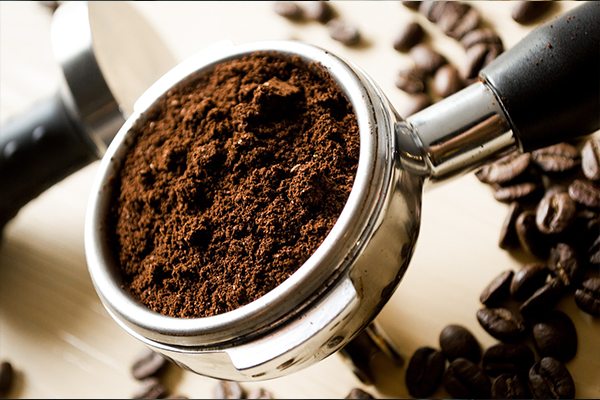
Coffee Grounds
The UK consumes around 98 million cups of coffee every day. Offices, cafés, restaurants and universities all generate this dense organic waste, which often ends up in general waste bags. When organic material is sent to landfill, it decomposes anaerobically and releases methane, a greenhouse gas far more potent than carbon dioxide.
How are coffee grounds recycled?
Collected coffee grounds are dried, sieved and processed to remove moisture before being turned into biofuels, biomass pellets, coffee logs, compost blends or fertiliser. Some recycling partners use the grounds as an ingredient in innovative low-carbon materials such as bioplastics and coffee-based composites.
Coffee grounds, however, are highly versatile. Introducing a dedicated coffee-grounds recycling stream enables businesses to divert this waste into new products such as biofuels, coffee logs and compost. UK pioneers like Bio-bean transform coffee grounds into low-carbon materials and fuels.
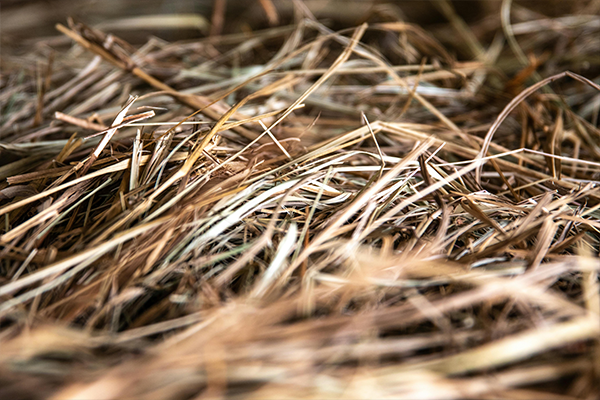
Animal Bedding
Animal bedding is a surprisingly common waste stream for veterinary practices, stables, laboratories and educational facilities. Used bedding is bulky, absorbs moisture and fills general waste containers quickly. Sending it to landfill wastes energy and takes up valuable space.
How is animal bedding recycled?
Most animal bedding is sent for Energy from Waste (EfW). Because the material is dry, fibrous and absorbent, it burns efficiently, helping to produce electricity and heat. Before processing, the bedding may be screened to remove contaminants, ensuring it is suitable for safe thermal treatment.
When managed correctly, animal bedding can be sent to an Energy from Waste (EfW) facility. Here, it is used as a fuel source to generate electricity and sometimes heat. This approach diverts the bedding from landfill and creates useful energy for the grid. Organisations that produce this type of waste regularly benefit from working with a partner that can segregate and treat bedding efficiently.
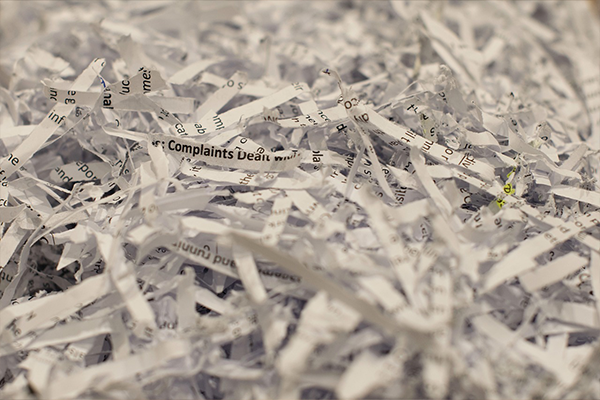
Confidential Waste
In the UK, around 700,000 trees are estimated to be recycled every year via documents sent to confidential waste shredding services. Confidential waste is critical for organisations that handle sensitive information, including legal firms, financial institutions, healthcare providers and educational organisations. Documents containing personal or commercial data must be destroyed securely. Many people assume shredded paper cannot be recycled, but this is incorrect.
How is confidential waste recycled?
After secure shredding, the material is baled and transported to a specialist paper mill. There, the shredded fibres are pulped, cleaned and screened to remove inks, plastics or staples before being turned into new paper products such as tissues, cardboard or recycled office paper.
A secure confidential waste service collects documents in locked consoles or sealed bags. Documents are shredded to an approved security standard and transported to a facility where the shredded paper is pulped, cleaned and turned into new paper products. A certified confidential waste disposal service ensures both data protection and sustainability.
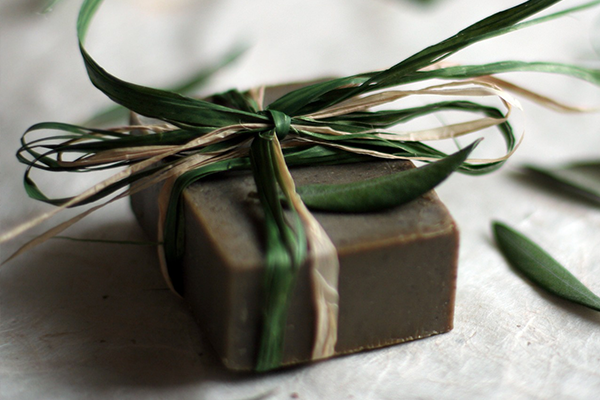
Soap Bars from Hotels
Hotels often provide individual soap bars for guests, but these are usually discarded after one stay. Across thousands of rooms, this creates a significant volume of still-usable soap that ends up in general waste. UK hotels alone generate almost 289,000 tonnes of waste annually, which includes soaps, plastics and other disposables.
How are hotel soaps recycled?
Partially used soap bars are collected, sanitised and grated down to remove the outer layer. The clean interior is then ground, filtered and reprocessed into fresh soap bars which are distributed to communities lacking access to hygiene essentials.
Soap-recycling initiatives collect these partially used bars from hotels and hospitality venues. The soap is sanitised, filtered and reformed into new bars, which are distributed to communities that need basic hygiene products. This simple circular process reduces waste and supports global public health. For hospitality organisations, joining a soap-recycling programme can be a powerful part of their sustainability strategy.
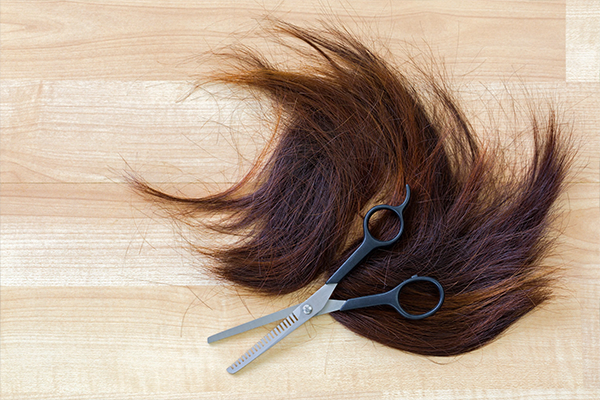
Hair Turned Into Oil Spill Mats
Human hair is produced in huge quantities by barbers and salons, yet most of it is treated as general waste. Hair has a unique natural structure that allows it to absorb oil extremely effectively, making it an excellent material for environmental cleanup. Research shows that recycled human-hair mats can absorb around 0.84g of crude oil per gram of hair, significantly outperforming the polypropylene pads typically used in oil-spill cleanup.
How is hair recycled?
Hair clippings are collected and sent to organisations that specialise in felting and mat-making. The fibres are cleaned, layered and pressed into dense mats or rolled into booms, which are then deployed in harbours, rivers and coastal areas to absorb oil from the water’s surface.
Hair-collection schemes now take clippings from salons and transform them into mats and booms that soak up oil from water. These mats are used in marinas, ports and coastal areas to help manage oil pollution. Groups like Matter of Trust actively convert hair into functional oil-spill materials. Participating in these programmes allows salons to reduce waste, lower disposal costs and contribute to positive environmental action.
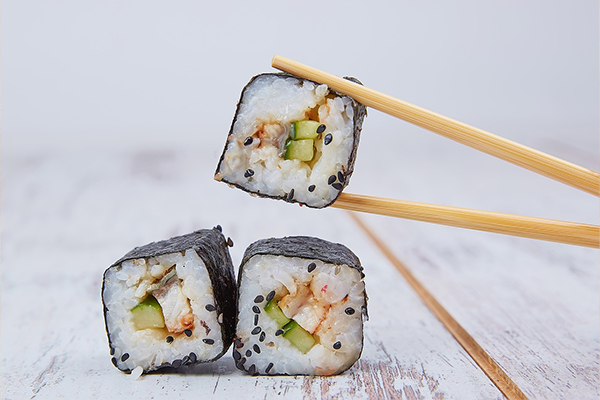
Chopsticks Upcycled Into Furniture
Disposable chopsticks are used once and thrown away in huge volumes, especially in urban areas. Although small, the cumulative waste is significant and often ends up in landfill.
How are chopsticks recycled?
After collection, chopsticks are sanitised and dried before being placed into high-heat carbonisation ovens which sterilise them and remove moisture. The carbonised sticks are then compressed using eco-resins to form strong, durable boards that can be shaped into furniture and homeware.
Innovative recycling companies now collect chopsticks from restaurants and food courts. The chopsticks are cleaned, carbonised and compressed into sturdy boards used for furniture and homeware. A great example of this circular approach is ChopValue which transforms millions of chopsticks into premium products. This turns a single-use product into a long-lasting, high-quality item and demonstrates the potential of circular design.
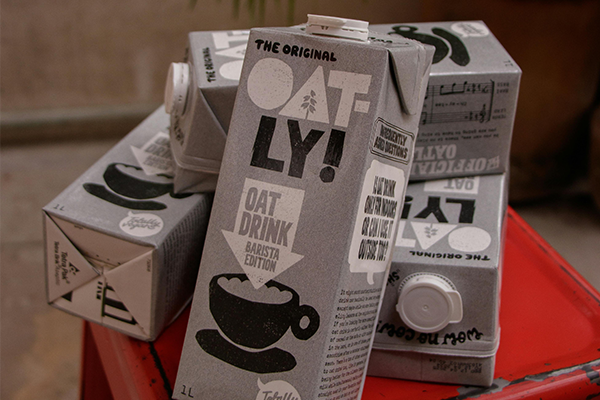
Juice and Milk Cartons Converted Into New Materials
Juice and milk cartons are often seen as difficult to recycle because they contain layers of paperboard, plastic and aluminium. In the UK, an estimated 60,000 tonnes are used each year, which is roughly the weight of 349 blue whales, making them a significant waste stream to address. More councils and recycling partners now accept and process cartons through specialist facilities.
How are cartons recycled?
At a carton-recycling facility, the material is placed into a hydropulper where water separates the paper fibres from the plastic and aluminium layers. Paper fibres are turned into tissues and office paper, while the remaining composite material is processed into boards for construction or furniture.
Paper fibres are recovered and turned into new paper products, while plastic and aluminium components are separated and repurposed. Some manufacturers compress cartons into durable boards used in construction, furniture and design. For workplaces, schools and cafés, placing cartons in the correct recycling stream can significantly improve recycling performance.
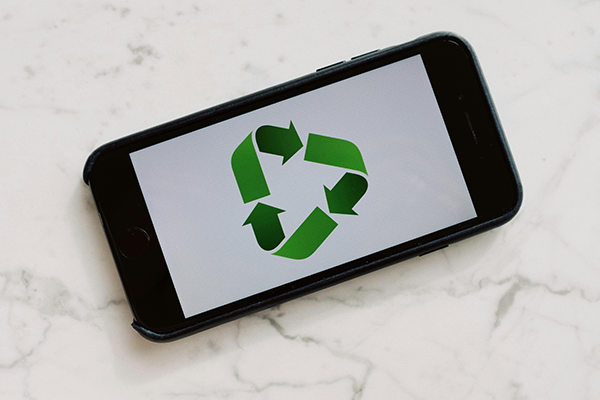
WEEE and Small Electronics Recycling
The UK generates around 9 kg of e-waste per capita annually. Small electronics such as phones, keyboards, laptops and chargers are among the fastest-growing waste streams. Throwing them into general waste not only wastes valuable materials but can cause environmental harm.
How are small electronics recycled?
Once collected, devices are sorted and dismantled. Batteries, circuit boards, plastics and metals are separated, with hazardous components removed safely. Valuable materials such as copper, aluminium and precious metals are recovered for reuse, while non-recyclable parts are disposed of responsibly.
Under WEEE regulations, electrical items must be collected separately and processed at specialist facilities. Devices are dismantled, hazardous components are removed, and materials like plastics, copper, aluminium and precious metals are recovered. Some electronics can even be refurbished for reuse. For businesses, regular WEEE collections help improve sustainability reporting and ensure compliance.
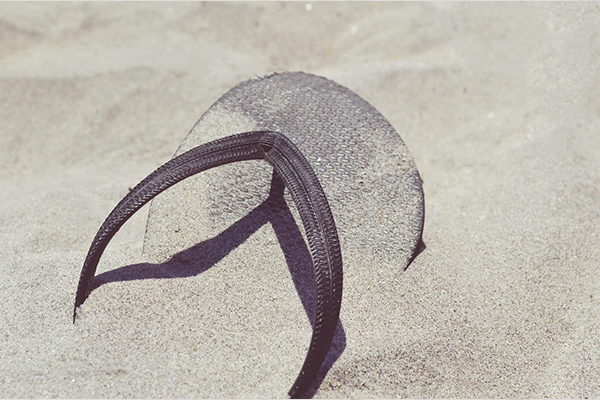
Flip Flops and Soft Plastics
Approximately 11 million tonnes of plastic enter the ocean each year. That is the same as dumping 2,000 fully loaded garbage trucks into our oceans, rivers and lakes every single day. Soft plastics such as flip flops are a major source of marine pollution. In many coastal regions, thousands of discarded flip flops wash up on beaches every year, harming wildlife and damaging ecosystems.
How are flip flops recycled?
Collected flip flops are washed, shredded and compressed into colourful dense blocks. These blocks can be carved or sculpted into art pieces, toys or displays, with revenues often supporting clean-up efforts and conservation work.
Innovative organisations now collect these soft plastics, clean them and compress them into colourful blocks used for sculptures, toys and artistic installations. These artworks raise awareness of plastic pollution and fund further cleanup efforts. A creative example of reuse is Ocean Sole, which transforms flip flops into vibrant art pieces. Even if your organisation doesn’t handle flip flops directly, this example reinforces the importance of minimising soft plastics and exploring secondary uses.
Can Everything Be Recycled? Find Out On Recyclopedia
As mentioned earlier, it’s been said that technically anything can be recycled. The reason that not everything is widely recycled is because it often isn’t as cost-effective as sourcing it from scratch. However, this greatly depends on whether a recycler is able or willing to accept them.
To help keep you informed, Bywaters created Recyclopedia, a resource database that teaches enquirers what can be recycled and how it can be recycled in the UK.
Recycling With Bywaters
If you have any niche items you want to dispose of in an eco-friendly manner, Bywaters is your optimal solution. By collecting waste on our ultra-low emissions fleet and processing London’s recycling in our solar-powered facilities, we specialise in handling all sorts of waste materials to maximise recycling and minimise our environmental impact.
More posts:
Valentine’s Day: History, Tradition, and Its Modern Impact
This post traces the evolution of Valentine’s Day from ancient Roman rituals to a global commercial event. It highlights the holiday’s hidden environmental impact and offers a guide to celebrating sustainably through “Circular Romance” and waste reduction.
Read morePlastic Recycling: Why Are Some Types Harder to Process Than Others?
Some plastics recycle easily, while others are difficult or impractical to process at scale. This article explains why material type, packaging design, contamination and recycling infrastructure all play a role, and what businesses can do to improve plastic recycling outcomes in the UK.
Read moreThe Ultimate Guide For a Sustainable School and University
Download The Ultimate Guide For a Sustainable School or University. Get the roadmap to cut costs, reduce your carbon footprint, and boost your ESG profile with 5 core pillars.
Read more

